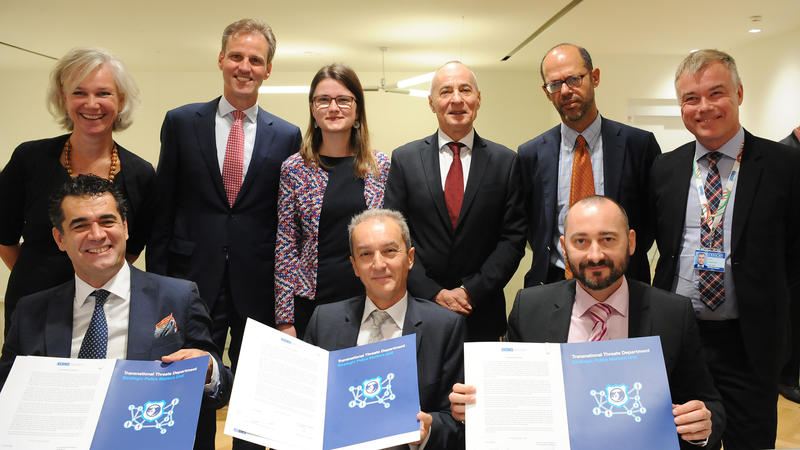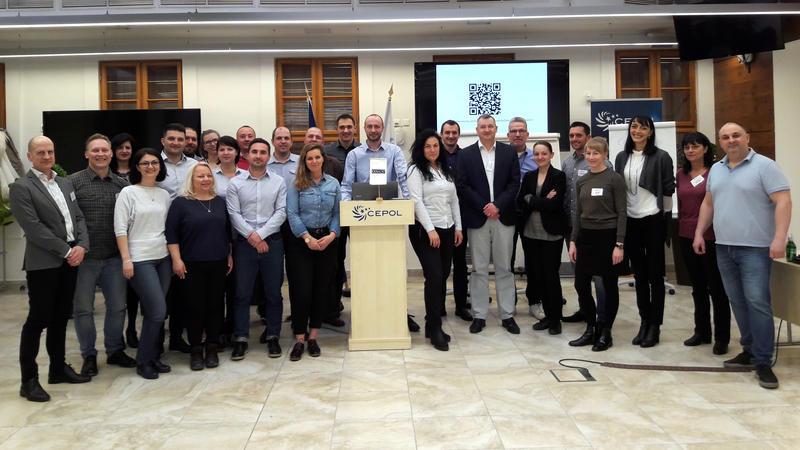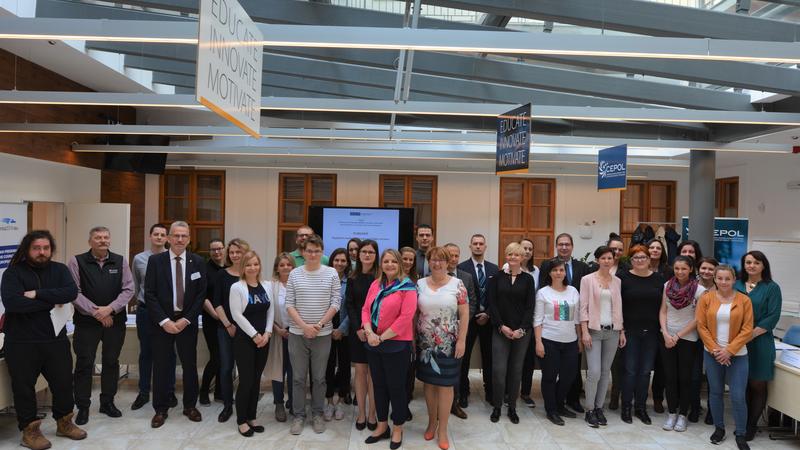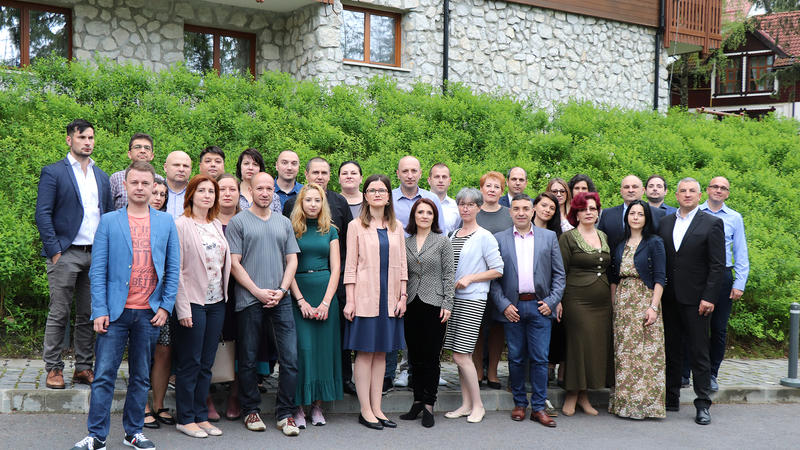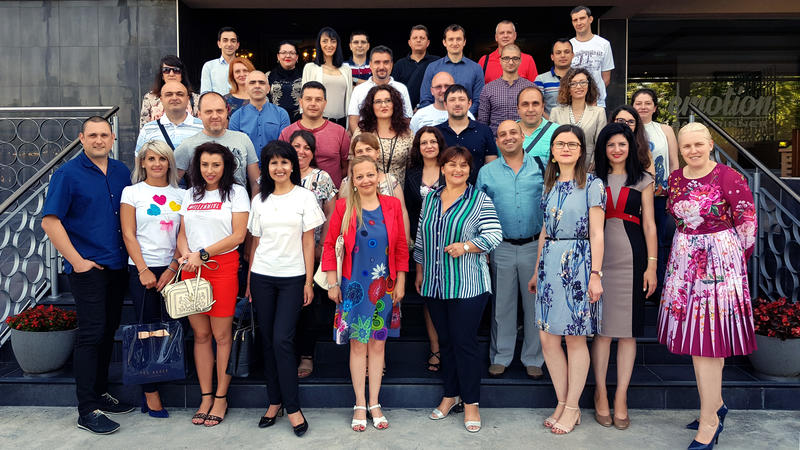Project
Effective Criminal Justice Strategies and Practices to Combat Gender-based Violence in Eastern Europe


Quick links
- Project period:
- 15 April 2018 - 14 April 2020
- Implemented by:
- Transnational Threats Department
- Fields of work:
- Policing, Human rights, Gender-based violence
Overview
The objective of this project, which is being implemented in Bulgaria, Hungary and Romania, is to enhance the responsiveness, professional knowledge, skills and technical capabilities of criminal justice practitioners, in particular first responder police officers, investigators and prosecutors, in addressing gender-based violence (GBV). The project would contribute to increasing public trust in the criminal justice system’s response in these three countries and could result in a more accurate reporting of GBV cases. This project was developed by the Strategic Police Matters Unit of the OSCE’s Transnational Threats Department in partnership with the Institute for Police Education at Linnaeus University and in co-ordination with the OSCE Gender Section and the OSCE Office for Democratic Institutions and Human Rights (ODIHR).
Background:
The European Union Agency for Fundamental Rights (FRA) reported that one in three women (or 61 million out of 185 million) in the European Union have experienced physical and/or sexual violence since the age of 15. Gender-based violence is one of the most serious and pervasive human rights violations affecting not only the personal safety and security of victims, but also preventing their full participation in society.
For victims of GBV, the process of officially submitting a complaint or a report to the criminal justice system can be a traumatizing experience. Many victims never file a report, or if they do, they may experience secondary victimization as a result of inadequate responses by criminal justice authorities and/or other relevant agencies.
Expected results:
To enhance the capacities of the criminal justice systems of Bulgaria, Hungary and Romania to respond to GBV, the project focuses on the promotion of information exchange; sharing of best practices of investigating, identifying and prosecuting GBV cases; and enhancing effective co-operation between all the relevant agencies involved. This should be achieved by setting up national Steering Committees, Working Groups and Reference Groups, and the development and delivery of a regional Training of Trainers. This would be followed by national specialized trainings for criminal justice practitioners and an awareness-raising campaign.
A major aspect of this project will be securing local ownership from the very beginning of its implementation so that the sustainability of the project’s activities will be ensured. Local ownership will be achieved through the establishment and involvement of national Steering Committees, Reference Groups, Working Groups and local trainers. Reflecting cultural and structural diversities, the setting up of national Steering Committees will allow for the adaptation and customization of the project activities in line with the country specifics.
The project addresses senior criminal justice management through the national Steering Committees. 120 criminal justice practitioners will participate in the capacity-building activities. A total of 15,000 first responders will learn how to properly respond to victims of GBV. A total of 15,000 potential victims from vulnerable groups will get useful information on their rights. Through the awareness-raising activities, approximately 100,000 members of the public will be informed about their role as a change agent.

